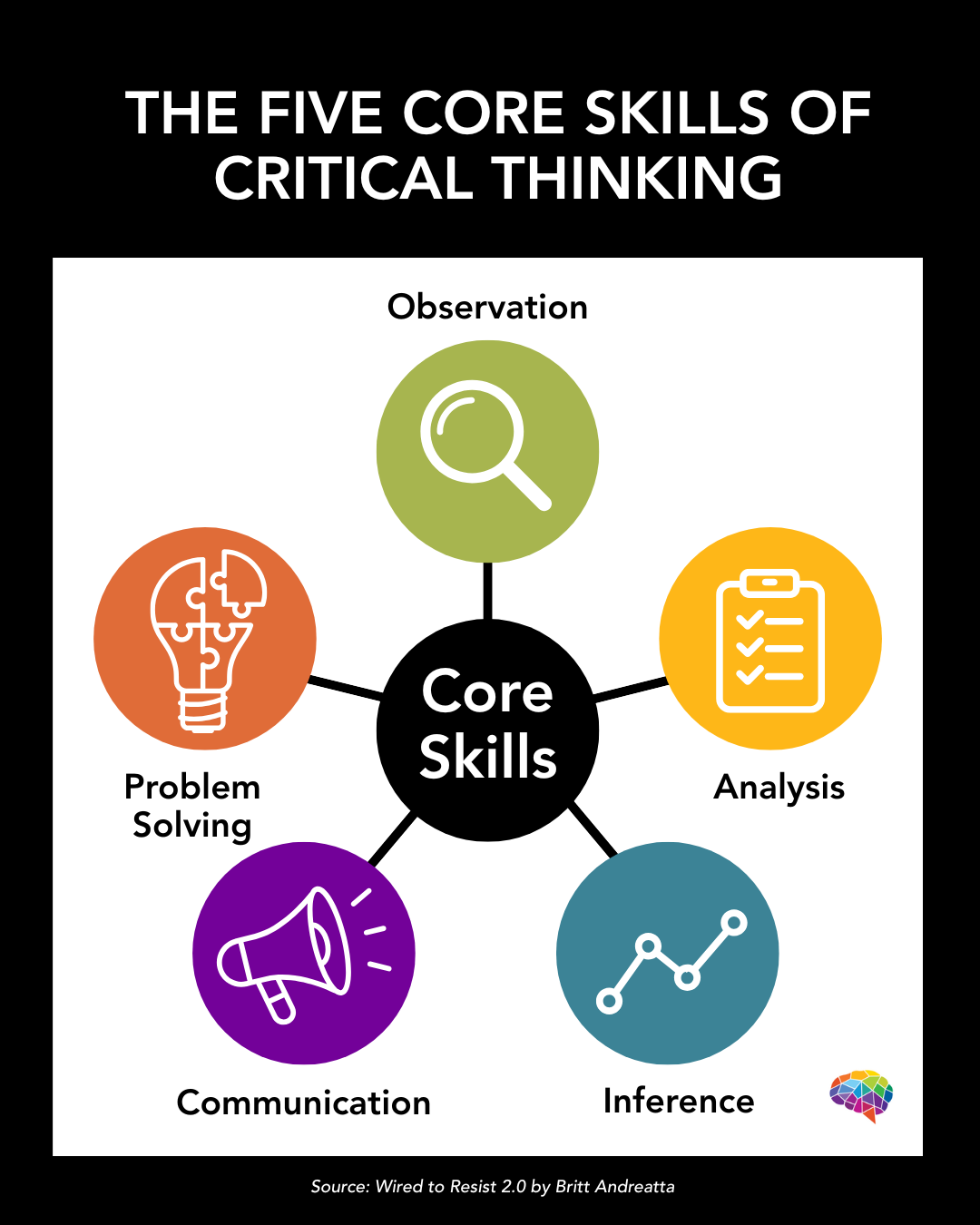The pace of technological advancement is staggering. New AI models seem to launch weekly; entire workflows become automated; and roles once considered untouchable are rapidly evolving, or vanishing altogether.
It’s no wonder many employees feel anxious. As machines get smarter, faster, and more capable, it raises a pressing question: what’s left for humans?
Machines are powerful—but they have their limits
AI can write code, automate customer service, and create videos and voices that mirror reality almost indistinguishably. Yet there’s a crucial gap it can’t fill: emotional intelligence. Machines can’t build trust. They can’t coach someone through conflict. And they can’t lead with genuine, authentic empathy.
We see the real consequences of AI’s shortcomings different ways: from lawsuits caused by unchecked chatbot errors, racist algorithms acting on the unconscious bias of coders, or reports of teen suicide attempts after conversing with an AI chatbot. Each of these failures highlights an important realization—that the future of work isn’t about humans vs. machines, but rather humans and machines—and how we prepare people to fill the roles that only they can.
The New Competitive Advantage
In a workplace that values logic, efficiency, and hard skills, a quieter, but even more valuable asset often gets overlooked. According to
Harvard Business Review, emotional intelligence (EQ) is two times more predictive of performance than traditional intelligence or IQ. In fact, EQ accounts for 80-90% of the competencies that differentiate top performers from the rest. It helps people manage uncertainty, navigate stress, and build strong relationships—skills that are essential in fast-changing environments.
The demand for this ability is only growing.
McKinsey predicts that EQ-related skills will increase sixfold by 2030, and
Brandon Hall calls EQ the number one growing competency of the digital age. Why? Because as AI handles more tasks, what remains are the innately human ones: persuading, negotiating, empathizing, and leading.
But the great news is that EQ can be taught and developed. With the right training, employees can become not only more effective collaborators but also more adaptable thinkers who are ready to lead alongside, not against, technology.
Critical Thinking: The Underrated Power Skill
As AI becomes more capable of producing content, analyzing data, and even mimicking human decision-making, the need for human discernment is more important than ever. In an era of deep fakes, biased outputs, and information overload, critical thinking is what helps us spot flawed logic, challenge assumptions, and ask the questions that lead to deeper insight.
Those who can do this well will be the ones who help their teams avoid costly mistakes—and make smarter, more informed decisions.

There are five core skills at the heart of critical thinking, each of which can be developed intentionally within organizations:
Observation: The ability to notice and anticipate problems, opportunities, and patterns. You can build this through competitive intelligence teams, scenario planning exercises, and mindfulness training, which sharpen awareness and strategic foresight.
Analysis: The process of gathering, interpreting, and evaluating data and other information. Strengthen this skill with training on data interpretation, formal review processes, and workshops on identifying logical fallacies and evaluating the credibility of sources.
Inference: Drawing conclusions based on data, experience, and context. Teams can develop this through case study analysis, mind mapping, and structured discussions around critical reading, helping employees synthesize information and think beyond surface-level trends.
Communication: Clearly expressing and receiving information—verbally, nonverbally, and in writing—is vital to critical thinking. Build this through role-play scenarios, public speaking practice, and feedback loops that strengthen both clarity and active listening.
Problem-Solving: The ability to identify root causes and troubleshoot solutions. This can be enhanced through decision-making matrices, root-cause analysis, and simulations, which build structured approaches to tackling complexity.
As Justin Reinert argues in “
The Era of Master Thinkers”, the future of work belongs not to those who can simply do, but to those who can think critically, connect ideas across disciplines, and adapt rapidly to shifting challenges. Developing master thinkers—those who can discern, decide, and lead with depth—will be the ones empowered to help teams make smart, well-informed decisions.
People Make the Difference
Technology will continue to evolve. Jobs will change. But the organizations that thrive will be the ones that remember what machines can’t do. They’ll build teams that think critically, lead compassionately, and adapt with curiosity. Because in the age of artificial intelligence, it’s emotional intelligence that keeps us human—and it’s humans who will keep moving the workplace forward.


